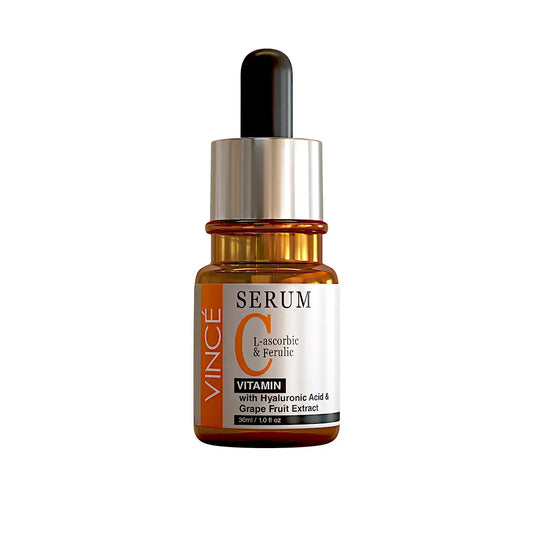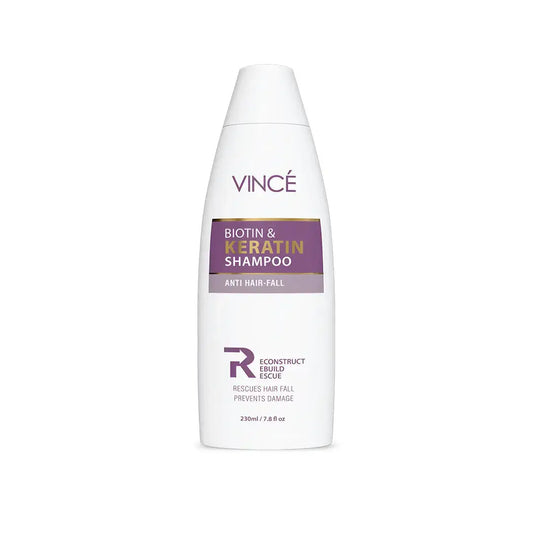7 Natural Remedies to Reduce Acne At Home

Acne (pimples) is a skin condition that occurs when skin follicles become blocked with dead skin cells and oil. It is a prevalent condition. Many people have experienced acne in their lifetime, especially during adolescence, as their sebaceous glands overproduce oil.
However, acne has no age limit, and many people in their 40s and 50s develop adult acne.
7 Natural Remedies to Reduce Acne At Home
Some popular home remedies for acne include natural herbal extracts, many of which can use by traditional medicine practitioners.
This guide discusses the best home remedies for acne and lifestyle changes that can help.
Suppose a person is interested in trying treatments for specific conditions. In that case, it's a good idea to talk to a dermatologist before applying a topical treatment directly to the skin or to perform a patch test first to determine which conditions are best for you. A small amount of therapy includes. Wrist or hand for skin reaction testing.
- Green Tea.
- Moisturize With Aloe Vera.
- Jojoba oil.
- Toothpaste.
- Epsom Salt.
- Garlic.
- Honey and Cinnamon Mask.
1. Green Tea
Many people use green tea due to its benefits. But it can also be helpful when apply to the skin directly.
Green tea contains tannins and flavonoids, which help fight inflammation and bacteria that can cause pimples.
It's also high in the (EGCG) antioxidant epigallocatechin-3-gallate, which fights inflammation, reduces sebum production, and inhibits the growth of P. acnes in acne-prone skin.
Several studies have shown that acne sufferers experience significantly fewer pimples and sebum production when they apply 2–3% green tea extract to their skin.
Many skin care products contain green tea, but making your blend at home is much easier and cheaper.
How To Use Green Tea
- Steep green tea in boiling water for 5-6 minutes.
- Allow the tea to cool.
- Apply it to the face with a cotton ball or spritz it with a spray bottle.
- Leave it on for 15 minutes or overnight, and then wash your face with water.
- Apply 1-2 times a day as needed. It can store in the refrigerator for up to 2 weeks.
2. Moisturize With Aloe Vera
Aloe vera is a plant that produces gel. When apply to the skin, aloe vera gel has been shown to fight bacteria, reduce inflammation, and help heal wounds.
Because of this, it is a popular treatment for various skin conditions, including psoriasis, rashes, cuts and burns.
There are limited studies on aloe vera's ability to fight acne specifically, but current research is promising.
This Aloe vera face wash contains salicylic acid, lupeol, urea nitrogen, cinnamic acid, phenols, and sulphur, all inhibiting bacteria that can cause acne.
In one study, varying amounts of aloe vera gel were added to clove basil oil and evaluated for its anti-acne properties. The higher concentration of aloe vera in the lotion, the more effective it was in reducing pimples.
Another study found that using 60% aloe vera gel with tretinoin cream was more effective in clearing pimples than alone. Tretinoin cream is an acne medication derived significantly from vitamin A.
Although aloe vera gel was ineffective in treating pimples, it enhanced the anti-acne effects of clove basil oil and tretinoin cream.
Although aloe vera gel can help clear up pimples, it may be more effective when combined with other treatments or medications.
How To Use Aloe Vera Gel For Acne
- Scrape the gel with a spoon from the aloe leaves.
- Apply the gel to your skin while you apply other acne treatments.
- Mix it with your other medicines, then use it on your skin.
- Or, you can apply another acne treatment by applying aloe gel.
- Repeat 1-2 times a day or as desired.
3. Jojoba oil
Jojoba oil is a natural and waxy substance. It extracts from the seeds of the jojoba plant. The waxy substances in jojoba oil can help repair damaged skin, which can also help heal wounds, including acne scars.
Certain compounds in jojoba oil can help reduce skin inflammation, reducing redness and swelling around pimples, whiteheads, and other inflamed lesions.
Researchers gave 133 people clay face masks containing jojoba oil in a study. After six weeks of using the mask two to three times a week, people reported a 54 percent improvement in acne.
How To Use Jojoba Oil
Mix essential jojoba oil with a cream, gel, and clay face mask and apply it to acne skin. Otherwise, put a few drops of jojoba oil on a cotton pad and rub it gently on the acne lesions.
4. Toothpaste
Toothpaste has antibacterial properties that help kill acne-causing bacteria. Applying toothpaste three to four times weekly will dry acne and heal faster. The best thing about using toothpaste to treat acne at home is that it is suitable for most skin types, exceptionally normal, oily and combination.
How To Use Toothpaste
- Grab your regular toothpaste and apply a generous layer to a cotton swab.
- Make sure to use white toothpaste and not a gel because the ingredients that help dry out acne, such as baking soda, triclosan, and hydrogen peroxide, are in the white part of the toothpaste. The gel paste contains ingredients that irritate.
- Now, clean your skin before going over the affected areas with a cotton swab.
- You can also use your fingers to apply the paste on the acne spots.
- Do not spread it all over the face or use it as a mask.
- Allow the toothpaste to dry for at least two hours or overnight.
- Rinse with cold water.
5. Epsom Salt
Epsom salt removes dead skin cells and kills bacteria, thus leaving your skin clear and free from acne and breakouts. Epsom salt also balances the skin's pH level, making it the best home remedy for acne. Use this recipe once or twice daily to get rid of acne.
How To Use Epsom Salt
- Mix one teaspoon of Epsom salt in half a cup of water.
- Mix it well. Dip a cotton ball in salt water and apply it to the affected areas.
- Leave it for 10 minutes before washing it with water. Rinse again with cold water.
- Follow with a hydrating moisturizer, as Epsom salt can be a bit dehydrating to the skin. We recommend using Vince Light Moisturizer, a lightweight, non-oily formula that keeps skin soft with a fresh glow all day.
6. Garlic
Allicin in garlic has antifungal, antibacterial, antiseptic and antiviral properties that kill acne-causing bacteria. It also contains thiosulfate, which can act as an antimicrobial to clear the skin. The best thing about using garlic to treat acne at home is that it suits all skin types.
How To Use Garlic
- Mash two to three cloves of garlic. Add little water to make a thick paste.
- Apply the paste directly on the acne spots with the help of your fingers. Wash the garlic after about 10 minutes.
7. Honey and Cinnamon Mask
What makes honey and cinnamon the perfect combination for acne home remedies is that they are both rich sources of antioxidants and have antibacterial properties. Both honey and cinnamon help reduce inflammation and fight bacteria, two crucial factors that trigger acne on the skin.
If you have acne-prone skin, using this natural face mask once or twice a week can reduce your chances of acne breakouts.
How To Use Honey and Cinnamon Mask
- Mix two tablespoons of honey and one teaspoon of cinnamon powder in a bowl.
- Mix well to make a smooth paste.
- Cleanse your face and apply the mask all over the face or just the acne spots.
- You can use the mask evenly with a facial brush or your fingers.
- Leave the mask on the face for 20 minutes.
- Rinse the face with lukewarm water and pat the face dry.
What Causes Acne?
If you are having tan skin and having skin filled with acne. Then, these are some major causes of acne on face. That you must read it.
Acne starts when skin pores become clogged with oil and dead skin cells.
Each pore line with a sebaceous gland, which produces an oily substance called sebum. Excess sebum can clog pores, increasing the growth of bacteria known as Propionibacterium acnes.
Your white blood cells attack P. acnes, which causes skin acne and inflammation. Some cases of acne are more severe, but common symptoms include whiteheads, blackheads, and pimples.
Many factors contribute to the development of acne like:
- Genetics
- Diet
- Stress
- Hormone changes
- Infections
These are the best ways to reduce acne at home. The ingredients are available are at home commonly. It helps to make your skin blemish.
Standard medical treatments are the most effective for reducing acne. You can also try home remedies, although more research needs on their effectiveness.
Conclusion
Pimples are a common problem, and it can frustrate to treat. Conventional treatments can cause redness, dryness, or irritation, and many natural alternatives don't work.
Some studies support the home remedies in this article as the most effective, natural ways to reduce acne.
Even so, applying various essential oils, green tea, and aloe vera to the skin is the fastest way to get rid of acne, while some limited research suggests that supplements may require long-term use.



